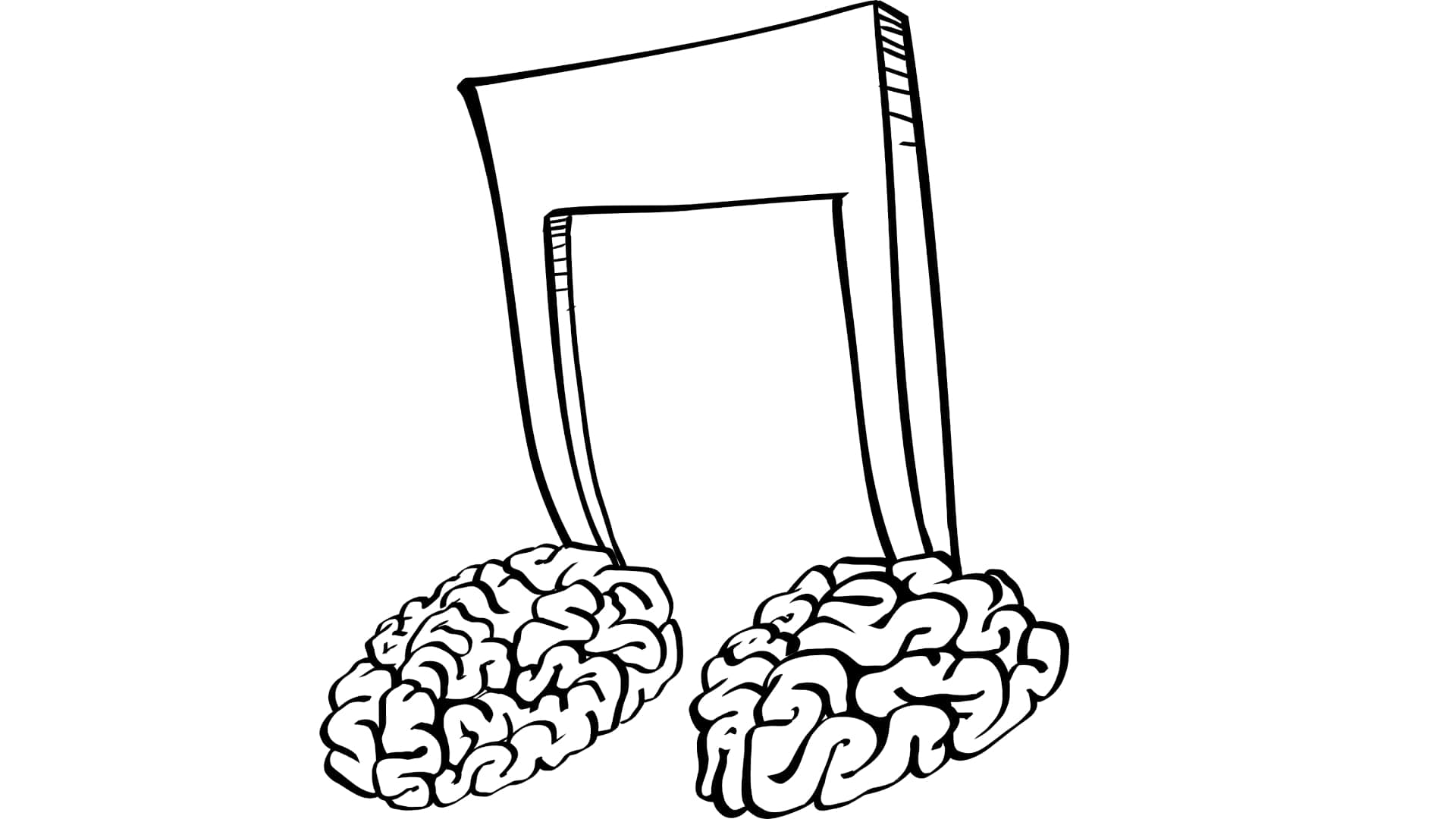In this article, read about 7 scientific facts about the influence of music on the human brain. The human mind is still a great unknown. However, thanks to the dedicated work of many scientists from around the world, man is slowly discovering various amazing facts about the brain and about the things and activities that affect its work.
One of the activities that definitely has a big impact on the human brain is listening to music. Read how music affects the human brain.
Hard rock, punk, and heavy metal do not cause aggressive behavior as it was once claimed.
Although until recently it was thought that faster rhythms combined with fierce notes encourage aggression in listeners, this is not true. In fact, the complete opposite is happening. This was proved by a group of scientists from Australia.
Scientists have studied the connection between anger and hard sound and came to the conclusion that hard rock, hardcore, heavy metal, punk, and other similar musical directions can have a calming effect on people whose favorite music genres are. The participants in the research not only felt calm, but the music inspired and inspired them.
Why do we cringe while listening to music?
You must have once wondered why your skin itches while listening to your favorite song and waiting for its refrain to start. The answer is very simple: because of dopamine.
Dopamine is a hormone that is released from the brain, and which, if the amount secreted is optimal, affects good mood and stimulates emotions.
Scientists, having discovered that listening to music stimulates the secretion of this precious substance, have unequivocally proven that music is connected with human emotions and can often trigger other hormones, such as adrenaline.
As we listen to music, the brain reacts similarly to when we eat
Let’s go back once again to the chemical dopamine. This hormone is responsible for arousing euphoria in us during activities that irritate our senses, for example, while consuming a favorite food or while making love to a loved one.
Even if he consumes food that has a positive effect on the brain with his favorite music, such as the golden poppy, the effect is all the more positive.
Sad and cheerful music, on the contrary, affects the understanding of the world around us.
The brain constantly absorbs information that comes to it through the senses from the outside. All the information that reaches our mind, the brain processes, compares it, and sorts it. This is how the notion of reality is created. That is why positive, fast, and rhythmic songs awaken positive emotions in us and make us have a beautiful view of the world, while light, sad songs cause a worse mood and a completely opposite view of the environment in which we live.
There are only a few activities in life that move the whole brain, and one of them is music.
A team of Finnish scientists who studied the influence of music on brain functions used a new method of research using magnetic resonance imaging. Finnish researchers observed a group of people and the reactions of their brains while listening to music. The research results were fascinating. As we listen to music, large neural networks are triggered in our brain in the regions of the brain responsible for motor skills, emotions, and creativity.
Playing a musical instrument changes the structure of the brain.
Do you know what neuroplasticity is? It is the ability of the brain to change during life. Learning-related changes occur mainly in the connections between neurons. Studying the brain plasticity of musicians, scientists have found that professional musicians have the largest volume of the cerebral cortex, the medium volume is characteristic of people who play music as a hobby, while people who do not play any musical instrument have the smallest volume.
Making music develops fine motor skills and the ability to reason in children.
The results of a study that included children aged 3 and over show that children who have already begun to be musically educated and learn to play any musical instrument are more advanced in the development of fine motor skills compared to their peers who do not play. The same research found that speech development and reasoning ability are at a higher level in children who are already playing a musical instrument.

